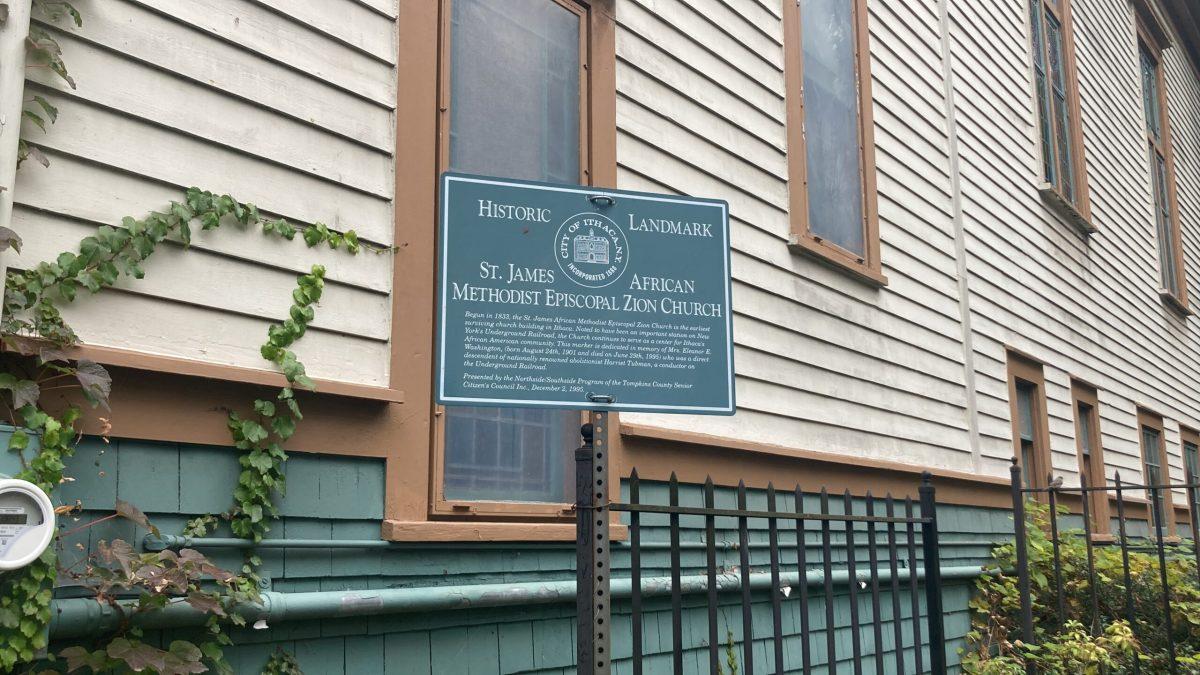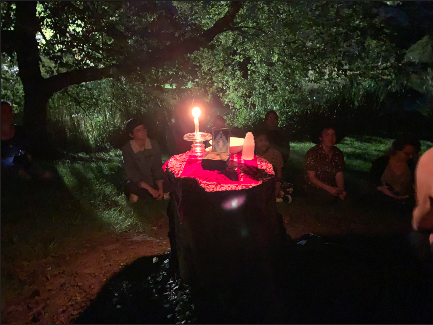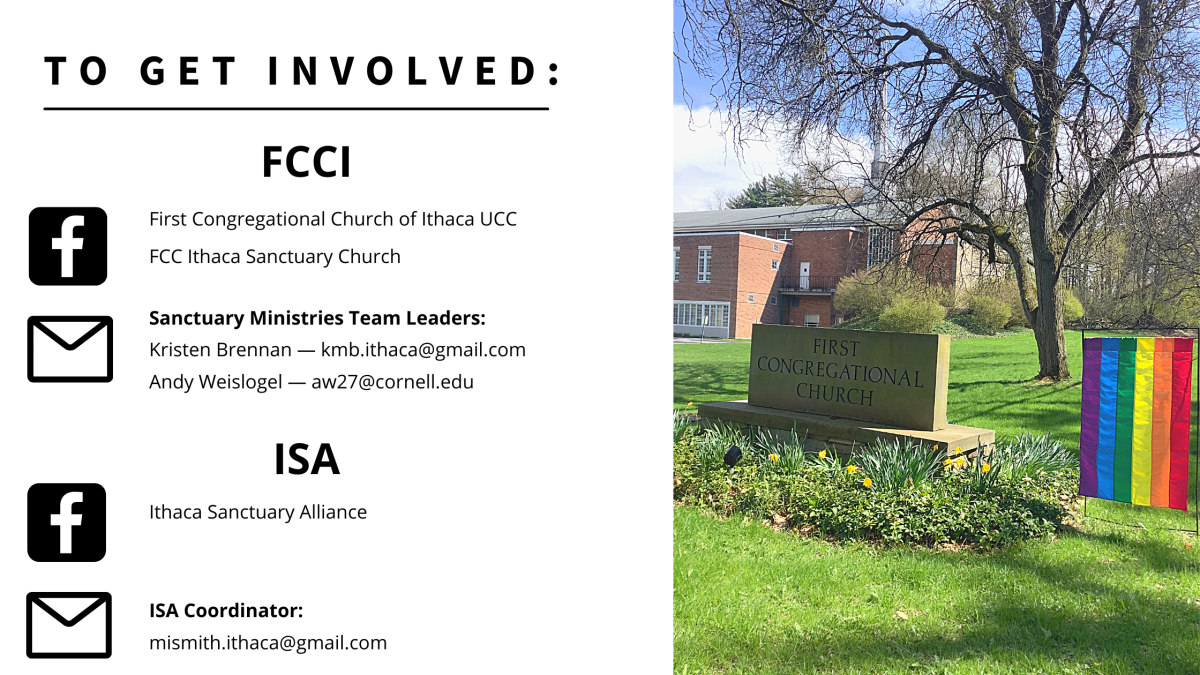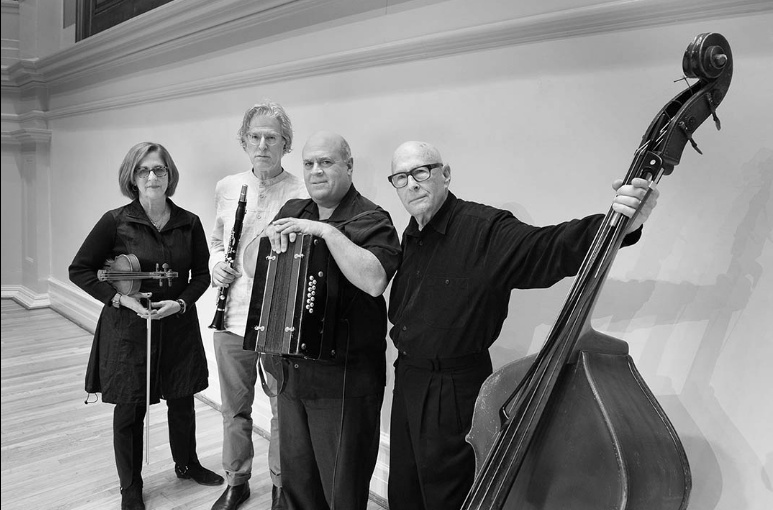“One year when I was about five, my mom went so far as to put bunny prints on flowers so it looked like the bunny came into the house,” Bigoness said.
Now, Bigoness looks forward to sharing the egg hunting tradition with his 18-month old son, Cullen.
“He’s a little young for eggs, but we thought he might have fun running around and if he happens to find an egg, that would be, I’m sure exciting, but mostly to enjoy being out,” Bigoness said.
Although Easter has its roots as a Christian holiday celebrating the resurrection of Jesus Christ, in the U.S. it is also a day for egg hunts, bunnies and Easter baskets filled with chocolate.
Traditionally, the egg is a sign of new life, said Rev. Jeff Tunnicliff of Immaculate Conception Church in Ithaca, N.Y.
Rev. Carsten P. Martensen, the director of Ithaca College campus ministry and the chaplain of Cornell Catholic Community, also said these symbols represent new life or resurrection.
“We’re using sort of commercial or common or practical things to represent some of our religious experiences and knowledge,” said Rev. Martensen.
But these symbols of life existed before these Christian traditions. The word “Easter” comes from Pagan roots.
Heather McDougall, a writer at The Guardian, wrote that bunnies come from the pagan festival of Eostre, a goddess who resembled a hare.
“Easter is essentially a pagan festival which is celebrated with cards, gifts and novelty Easter products, because it’s fun and the ancient symbolism still works,” McDougall wrote.
The religious festivities are tied to the celebration of spring, which is often linked to the recognition of new life and new growth, Rev. Martensen said. Easter eggs are a spring fertility rite.
Although her family is not religious, 10-year-old Lily Ashton of Quebec, Montreal, says Easter is a time for coloring eggs, chocolate, Easter baskets and dinner.
When asked why, Lily explained: “Because it’s Easter!”
Art Ostrander, who directs the church choir at Christ Chapel in Lansing, N.Y., said he celebrates Easter at church, but the secular part of the holiday has become important too.
“When you have holidays like this, it becomes family events,” he said. “We always have family from New Jersey come up [to Ithaca] and we always have egg hunts and so we hide them once and then the kids hide them several times over.”
Georgia Howe, who was celebrating Easter with her two sons and four grandchildren, was about 10 years old when she stopped believing in the Easter bunny. But she’s grown up with Easter baskets and eggs until her college years.
“It’s more of a secular tradition for us,” she said. “We’re going to hide some eggs tonight.”
While Howe was raised Protestant, her family has stopped going to Easter mass; however, they still engage with other Easter traditions.
Melanie Conroy-Goldman, a single mother from Ithaca, N.Y., said her five-year-old daughter Coco has been waiting for the Easter bunny for five years now. While celebrating both Easter and Passover this week, they’ve colored eggs, read stories and decorated the house.
“I can’t be responsible for what the Easter bunny does tomorrow,” she says.
“I want to find the Easter bunny,” Coco calls, tugging on her mother’s shirt.







